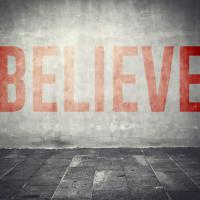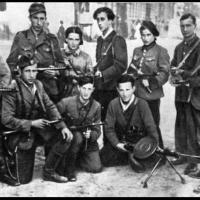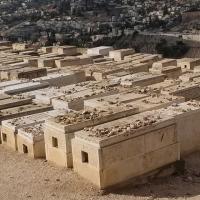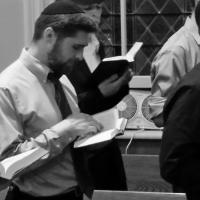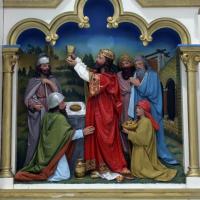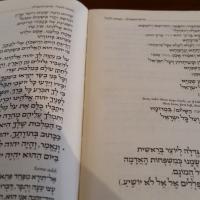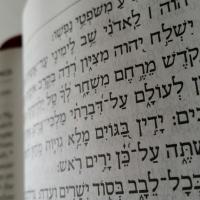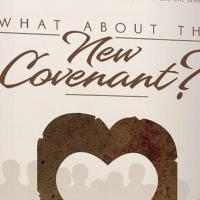The Evangelical gospel asks, "Are you certain you are going to go to heaven when you die?" The Christian objective seems to be to secure a place in heaven, but the Bible says very little about heaven. Find out why most passages about heaven are actually not about heaven at all in this installment on the basic teachings of the Messiah from Hebrews 6.
Visit Our Messianic Synagogue
Beth Immanuel is a friendly and welcoming community. Click here to learn what to expect when you visit.
Join us as we enthrone the God of Israel with praise and uplift the name of Yeshua the Messiah!
Our Messianic Synagogue is located in historic Hudson, Wisconsin, just minutes away from St. Paul, Minnesota.
We always welcome visitors, but special events and holidays are wonderful times to visit.
Messianic Jewish Teaching
Download and listen to uplifting and insightful teachings presented by D. T. Lancaster and special guests.
Read and study teachings and Bible studies from a Messianic Jewish perspective on a variety of topics.
Grow and learn daily through interactive video lessons from a variety of teachers.


